“There is no amount of policing” that will restore Philadelphia, says Helen Gym, unveiling a sweeping community safety agenda
Helen Gym’s plan to reduce gun violence in Philadelphia tackles social justice systems, policing reforms, neighborhood intervention, and jobs for the youth.
Editor's note: Carlos Nogueras contributed to this report.
“In the three years I’ve been on City Council, I’ve been telling anyone who will listen that we need a more urgent, comprehensive approach to gun violence.”
That's according to Philly’s 3rd district City Councilmember Jamie Gauthier, a staunch ally of Helen Gym in the city who introduced her colleague, now a mayoral candidate, as she unveiled a sweeping agenda to tackle the city’s most pressing issue.
Gym’s community safety plan, a long-awaited agenda that saw the light of day for the first time on Monday, April 17 at the Miles Mack Playground, addresses staffing reforms, the city’s response to violent incidents, fostering neighborhood participation, and an extensive youth-driven plan.
“I hope today is a conversation about what it takes to lead a safer, stronger, and healthier Philadelphia because I’m not running for mayor just to say ‘gun violence has to come down,’ I’m running for mayor because people have to live better lives,” said Gym, delivering her public remarks.
Gym, in one of the lengthiest agendas released by a candidate to date, talks about the need to restore basic public safety, starting with a state of emergency that brings city agencies to the room and likening the response to Philly’s approach to the COVID-19 pandemic.
The agenda aims to improve staffing, deploying officers “according to the highest priorities,” and retrain the Philadelphia Police Department “around community policing.”
And similarly to other platforms, Gym’s plan hopes to remove officers from desk duty by assigning the administrative load to “trained civilians” in a process called civilianization so that officers “are on the beat, forming relationships with community members,” and can prioritize urgent concerns “related to violence.”
Community will play a big role
Significant chunks of Gym’s community safety platform will lean on members of the community to intervene in a series of scenarios in a greater effort that overhauls the way the city approaches gun violence, according to an advanced copy of Gym’s plan.
If elected mayor, Gym will “increase and refine newly-elected investigative efforts” that will focus on non-fatal shootings by calling for meetings in all 21 patrol districts and “bring together police captains, officers on the beat, city agencies, service providers, and community leaders to identify hotspots,” the plan reads.
Gym also committed to regularly evaluating anti-violence municipal funding to ensure “returns in violence prevention efforts” led by community-based organizations who, Gym’s plan continues, will “have the resources and support they need to provide programming and services, as well as adequately collect data.”
Victims support
Citing the government’s responsibility to acknowledge “key strategies,” Gym’s plan calls for increased support “for victims and survivors of violence” by “providing them with resources, compensation, mental health support, conflict mediation, and [the] attention they deserve.”
“It is a disgrace how we treat victims in this city. They are treated only in their use to prosecution and not how we are treated in terms of our neighbors,” Gym said in her speech.
Part of her strategy in this sense is to wrap the victim around a system of government-funded support, saying that victims have a likely probability of becoming shooters themselves, according to Gym’s plan.
Hoping to “commit historic investments in evidence-based mental and behavioral care” for victims of violent shootings, Gym’s agenda seeks to expand the current, 24-hour violence prevention hotline, “training critical staff so they can more effectively connect families impacted by gun violence to trauma counseling services.”
To do so, Gym aims to strengthen the therapeutic workforce, training practitioners on “culturally-responsive” trauma services by “establishing scholarships or fellowship incentives with local colleges and universities to increase the number of graduates entering this field.”
Notably, Gym’s plan aims to create a city-governed fund to provide “revolving, no-interest loans until state victim assistance reimbursements can be processed,” according to the agenda.
Youth Programming
Gym’s plan also looks to expand youth programming, especially in areas most susceptible to gun violence. She’d ensure the city’s recreation centers are open and adequately staffed to be able to provide programs on nights and weekends — with emphasis on interests such as sports, arts, and music, as well as providing support in conflict resolution and trauma-informed care.
She’d oversee coordination between the District Attorney and the school district over support for youth leaving the juvenile justice system, including working with state and local Departments of Human Services to create alternatives to placement for youth in contact with the justice system.
Children’s Safety
The former Philadelphia school teacher also wants to make school zones safer in the wake of increased violence by creating safe routes to and from school, which begins with investing in additional crossing guards and community safety monitors.
As a way of preventing any further persistent vacancies in these roles, Gym’s plan will create opportunities for full-time roles that, in return, also give necessary climate and truancy support in the city’s schools. Free transportation would also be available to students to avoid walking through unsafe alleys or areas.
Make every school a community school
Gym’s plan looks to make every school a community school, which begins by being open for breakfast and after-school programs until at least 6 p.m., including in the arts and trades, wellness, and mentoring.
Her plan would also reopen all pools, which is a part of her 10-year school modernization plan, that she believes will improve safety and connect young people to employment. Clinical social workers, housing, and job counselors would also be stationed at libraries and recreation centers in high-risk areas to help with family case management and access to resources.
Improve neighborhood quality of life
RELATED CONTENT
City services have been one of several other pressing issues for voters, with specific neighborhoods dealing with a decline in trash pickups.
Gym said she would speak with all City agencies to get started on cleaning and lighting up city streets by subsidizing home repair, improving trash collection, cleaning and expanding green spaces, and addressing illegal dumping.
The Department of Public Property would place more surveillance cameras on public properties with the Community Life Improvement Program (CLIP), leading cleanups in the 57 blocks most impacted by gun violence, while the Mural Arts would also expand its Guild paid apprenticeship program for justice-impacted people.
And much to the excitement of many residents, she said she’d also prioritize removing abandoned vehicles, with the hopes of removing 10,000 vehicles in her first 100 days in office.
Another aspect of Gym’s plan would ensure all residents have access to block parties and community-building events during the summers, specifically areas that have been historically denied permits because of the violence.
Foot and bike patrols would be sent to business corridors to help prevent property crimes directed towards small businesses and to help them recover in the aftermath, as well as improve law enforcement interface with immigrant-owned businesses.
Ensure the formerly incarcerated are set up to succeed
Gym’s plan also addresses the city’s jails and its reentry programs for all returning citizens to be able to engage and get back into community life. This includes the allocation of funding to the Defender Association of Philadelphia to hire more public defenders, which would cut the huge amount of tasks, and defendants are thus better represented.
The increased funding would also allow for more social workers to be hired so that those involved in the justice system have access to housing, mental health, vocational training and placement, and drug treatment resources.
She also hopes to reduce what she calls the jails’ reliance on segregated housing, which as a result has led to mental health impacts that have repercussions for community safety upon release of said persons.
Improving police-community relations
Poor police and community relations would be addressed under Gym’s plan by leading reforms to protect against the use of excessive force and create new guidelines for law enforcement to follow.
There’d be regular quality auditing of internal police department investigations and hearings relating to allegations of misconduct.
As for the controversial stop-and-frisk method of policing, the city would use data reported under the federal Bailey Consent Decree, and reduce the number of instances of stop-and-frisk that Gym calls a failed crime-fighting strategy and damages police community relations.
Batting at Cherelle Parker’s stop-and-frisk
Amid fiery speeches by Gym, Councilmember Gauthier, and other community organizers who delivered remarks, the campaign did not hesitate to lambast Cherelle Parker’s proposal to enforce the constitutional form of stop-and-frisk.
“We have a choice in this election. We have a choice between people who have only talked about safety in terms of policing and mass incarceration,” Gym said.
“Other candidates are invoking the failed practices of stop and frisk, and they're weaponizing fear at this moment. We are not going to find holistic answers in simplistic assumptions either that some binder that we adopt from another city is going to solve our problems.”



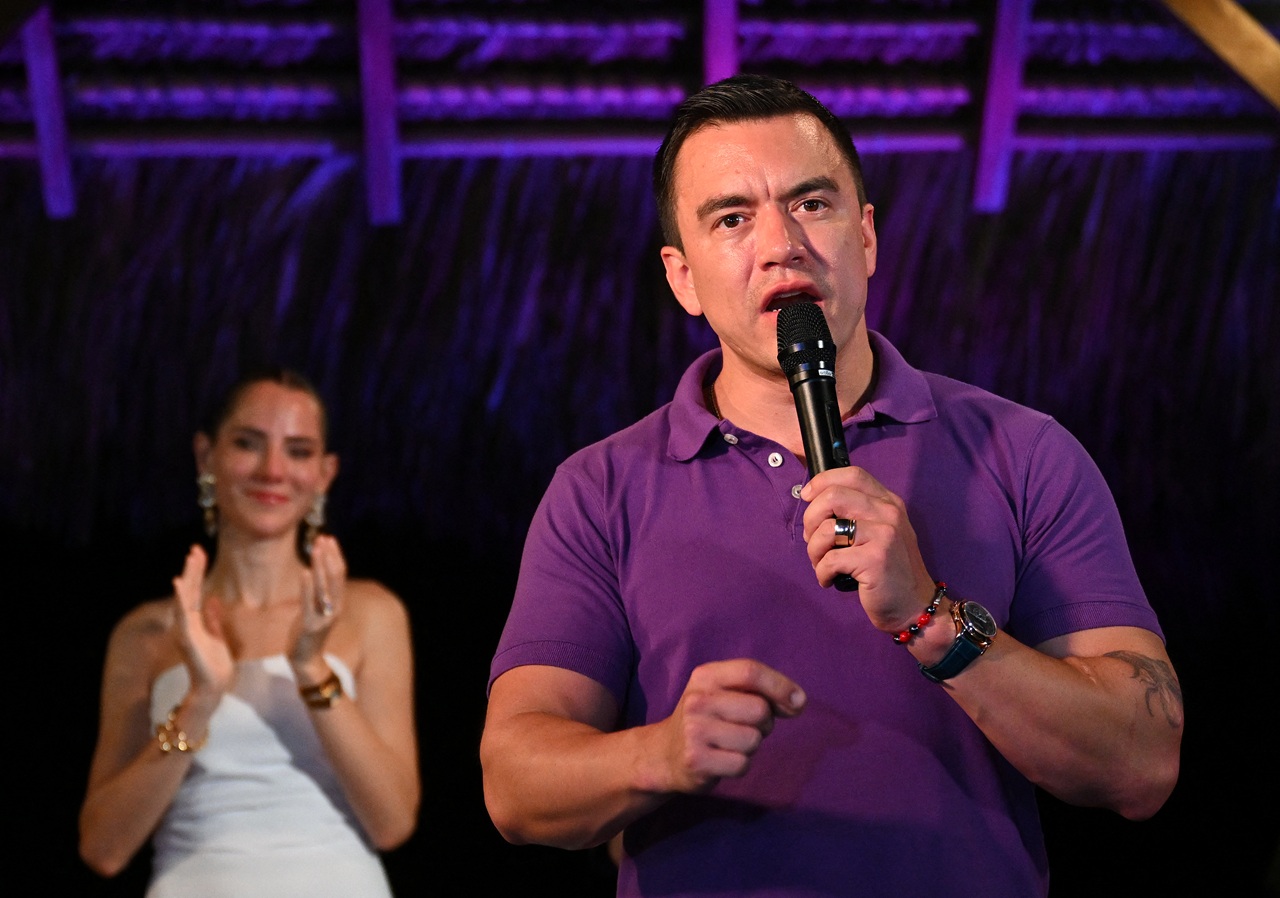
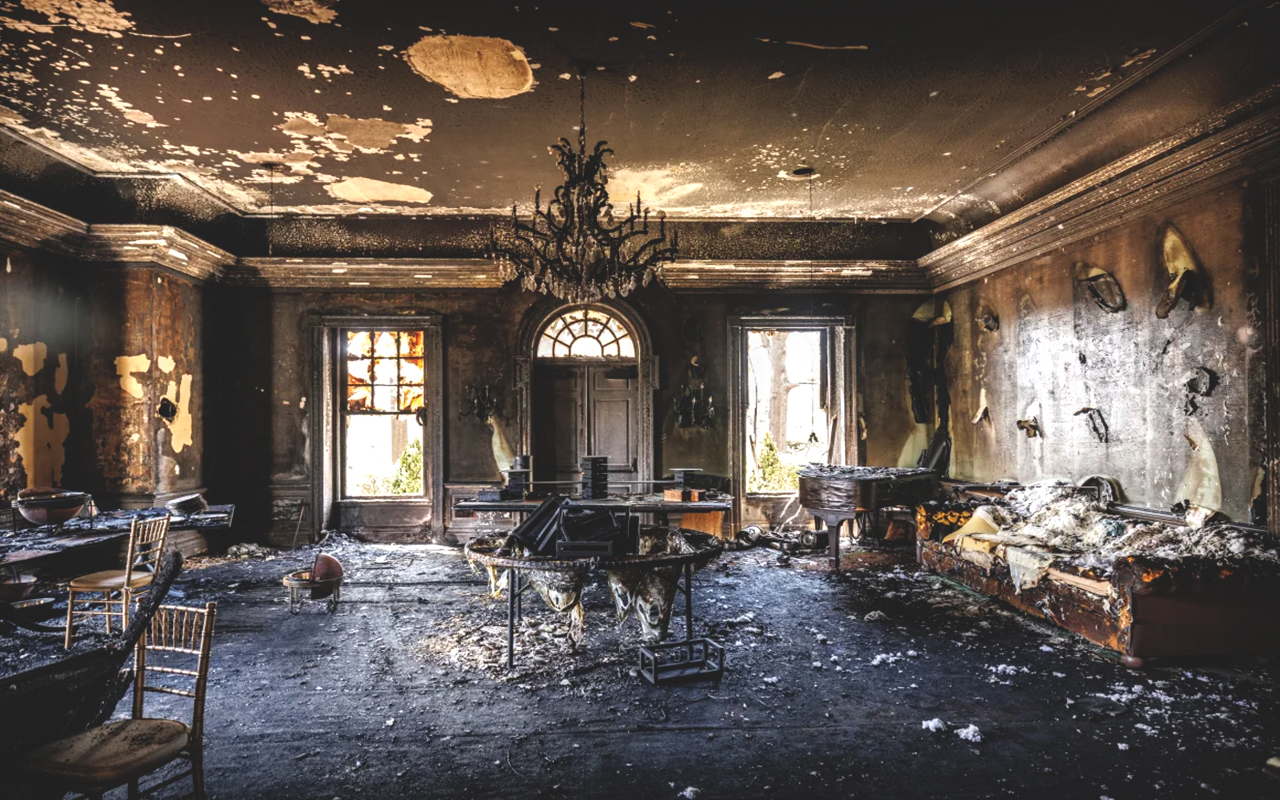
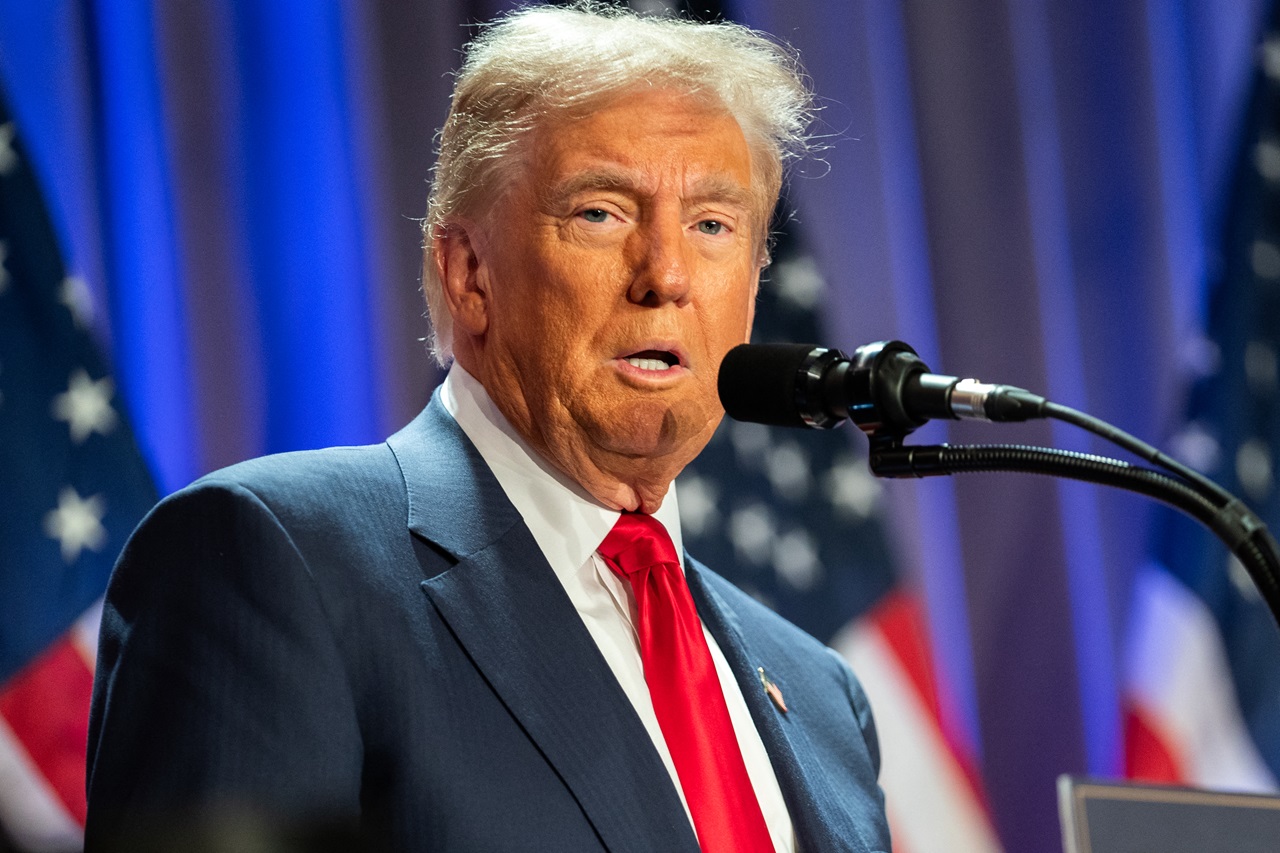
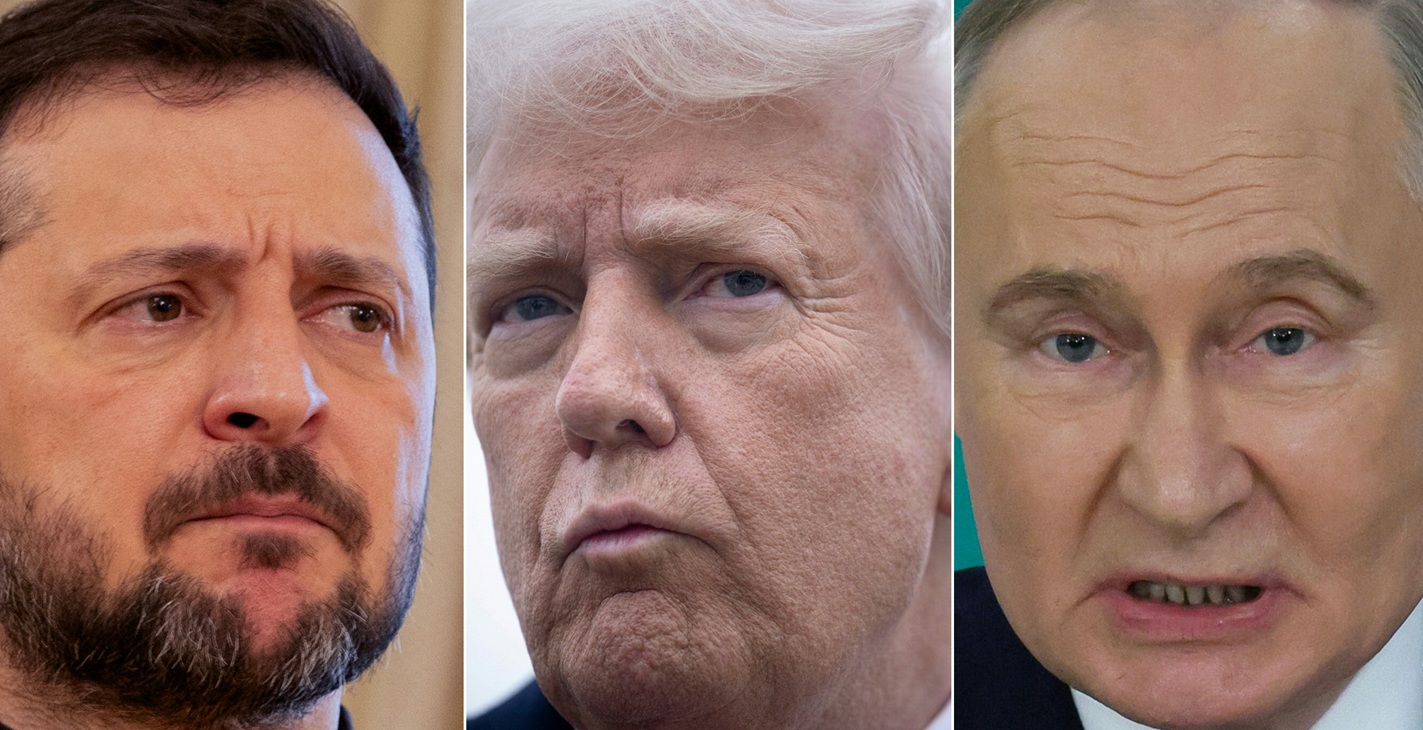

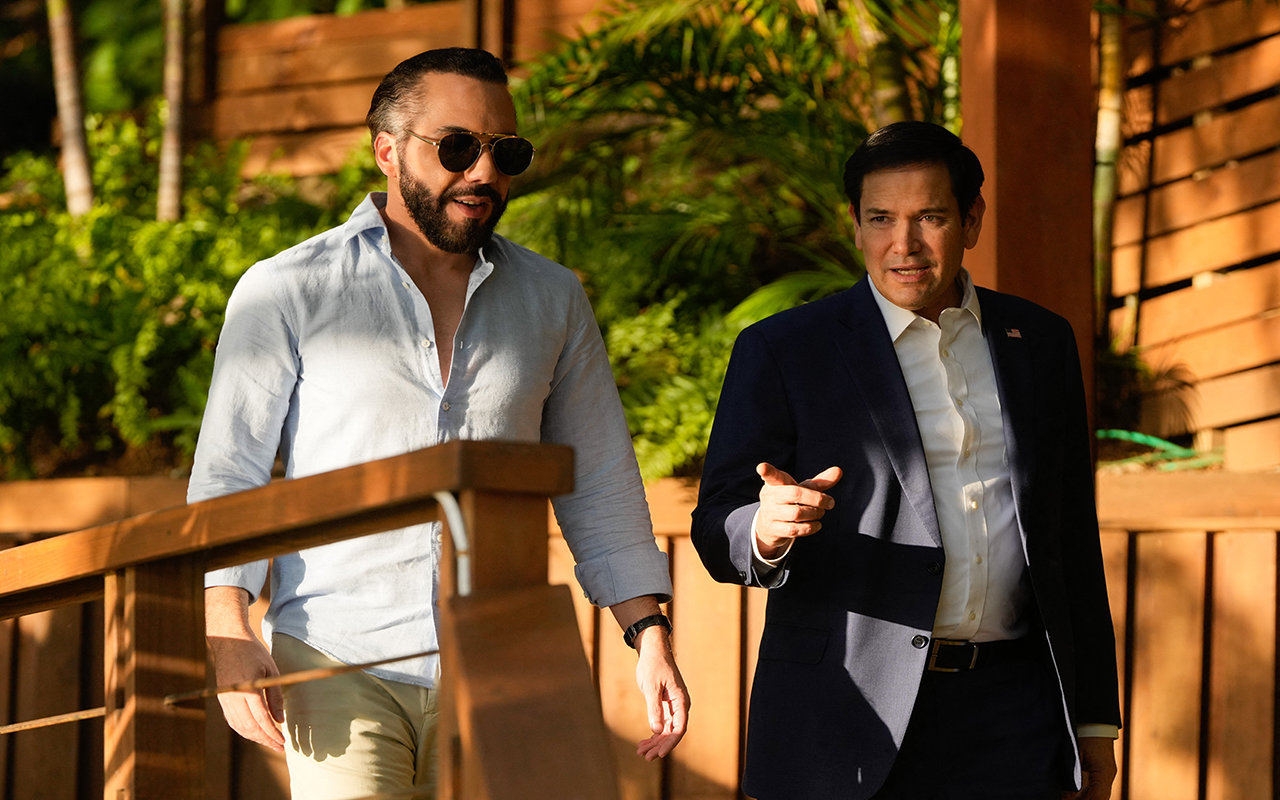


LEAVE A COMMENT: